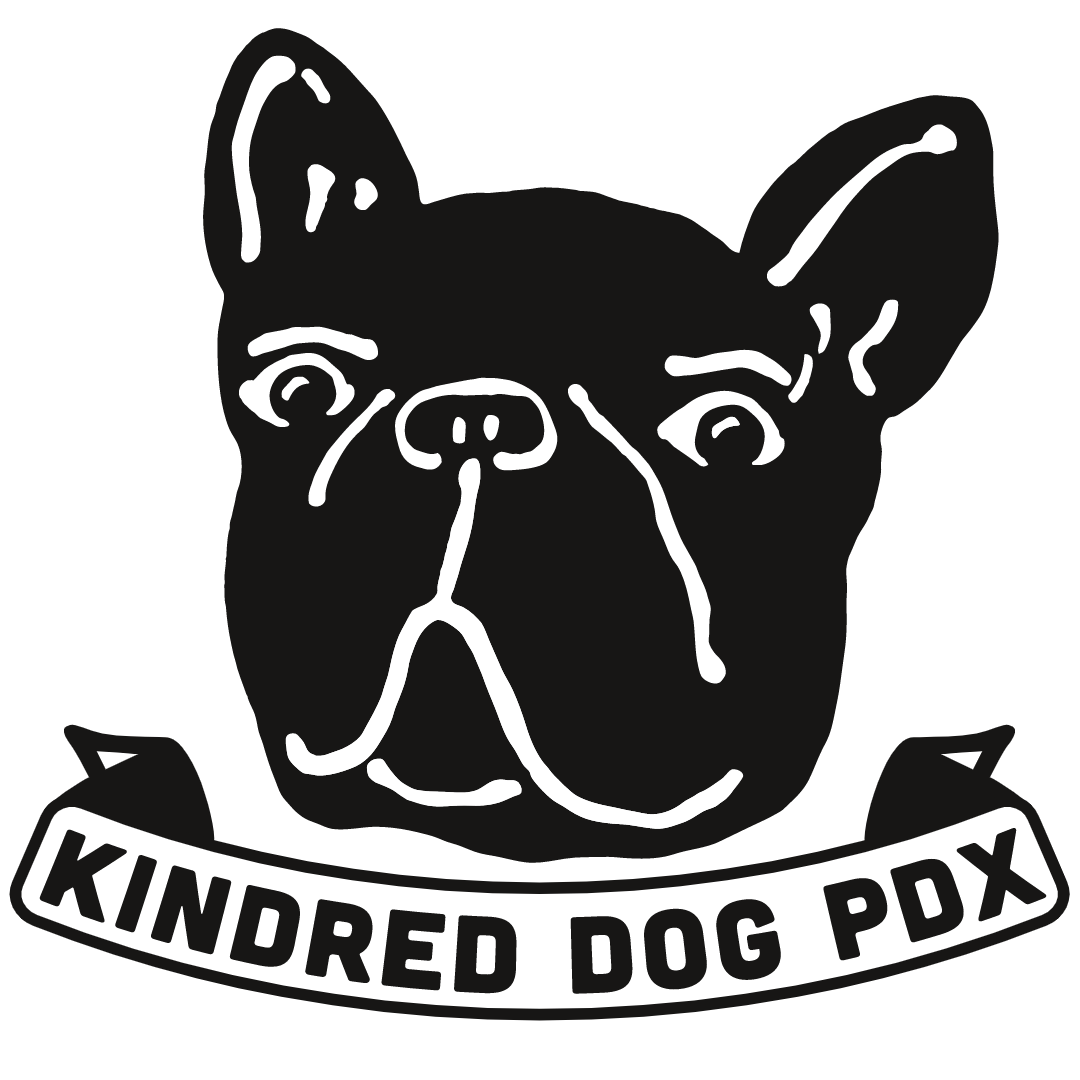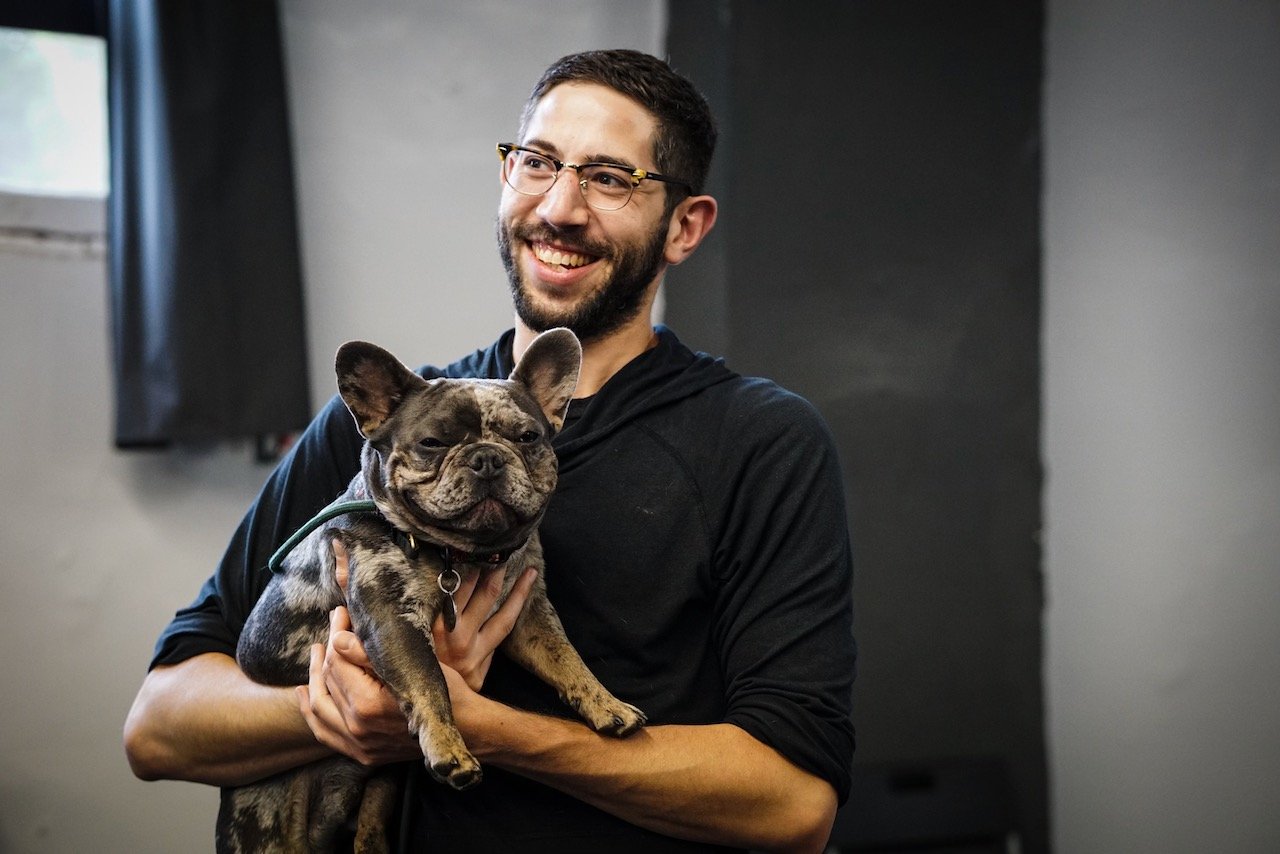Aggressive Puppy Behaviour
Why are Puppies Aggressive?
Why is my puppy so aggressive?
How do I stop my puppy from being aggressive?
What makes a puppy aggressive?
How to handle an aggressive puppy?
These are some questions we have seen come up pretty often. Often times “aggressive behavior” can be mislabeled by owners because they aren’t yet knowledgeable of what is overly aggressive behavior and natural dog tendencies.
If you think your puppy or older dog is being aggressive, I think it would be a good idea to consult with a trainer who works with difficult dogs so you can get the help you need.
Sight unseen one can’t properly observe and make the claim that the puppy is actually aggressive or expressing natural dog behaviors. We see it all the time. Dogs being called aggressive when they are not.
Now. Even if your puppy is aggressive or isn’t, training is going to help you. Not just obedience puppy training but lifestyle training. Dogs get aggressive because they can. Sure, some actually aggressive dogs exist, however, the majority of “aggressive” dogs are dogs that have grown up without clear communication.
Lifestyle and obedience training will build and nurture the dog you want. Getting a dog and hoping for the best is not a sustainable solution. It is one headed towards being stressed out. When bringing a dog into the home it is super important to be deliberate in the raising of that dog.
Puppies are dogs, teaching them what your expectations are at a young age will save you years of hard work. Puppies stay in an adolescent state of mind until about three years of age. At three is when they start to hit maturity. All the things they have been allowed to practice are becoming the habits your dog will carry with them. It is better to form the habits you want at an early age so when they hit three years go age, they know the expectations. You never stop being a parent but the management will decrease because you can trust your dog.
Best time to start dog training with a Puppy?
Training starts when you bring your dog home. Our puppies are constantly learning from us. They are observing how we move through the world. they are figuring how they are able to get what they want. It is important to remember that dogs are looking to serve themselves first. If undesirable behaviors get them things they like they will keep doing them.
Once you bring your dog home they are in training.
At first training can be real basic. No real obedience work until like 4 months or so. When they are real young we like to focus on games, food work, environmental socialization, noise desensitization, dog and people skills. Just keep it loose. When they get older we can start asking for more.
How to Train Aggressive Puppies?
Here are few areas that I would start with.
Crate training - Teaching them how to be away from you will be a life saver. It teaches them how to cope with being alone and it gives you the necessary breaks from your dog.
Touch handling - Teaching them how to accept touch and handling is very often overlooked. Practice what a vet would do.
Teach them obedience skills using their daily meals - You can get a ton of reps in, you’re engaging the mind, you’re harnessing dog instincts. Getting your puppy to use their brain will do wonders for calming them down.
Play with them - I prefer games that reenact what dogs would do. Activities like tug and a flirt pole can give our dogs outlets to practice dog things in a more controlled setting. Teaching them a time and place to use their mouth is imperative.
Place work - Place is a duration command. This means having your dog go lay down and they actually stay there. This helps teach them impulse control and how to trust that you can take care of them.
Environmental socialization - This one is very often overlooked. Take them place to explore new areas but in a controlled manner. All too often we see dogs get thrown into stressful places and given no direction. they are left to figure things out on their own. This is not good because they don’t understand our human world. We need to guide them.
Controlled dog and people socialization - For us, quality over quantity is the most important aspect to this. Your dog doesn’t need to meet all the people and dogs to become social. A few really good experiences can go a long ways. Often times we see this over emphasized and dogs can become quickly overwhelmed. This does help the relationship between us and our dogs. It can really have a detrimental effect leading to a host of other issues down the road that can be much harder to remedy.
Bringing a puppy home is no small matter. It requires us to be parents. We need to teach them how to exist in our human world. Puppies are dogs, and they are really good at being dogs. Often times the problem is their natural dog behaviors don’t line up with what we envisioned.

